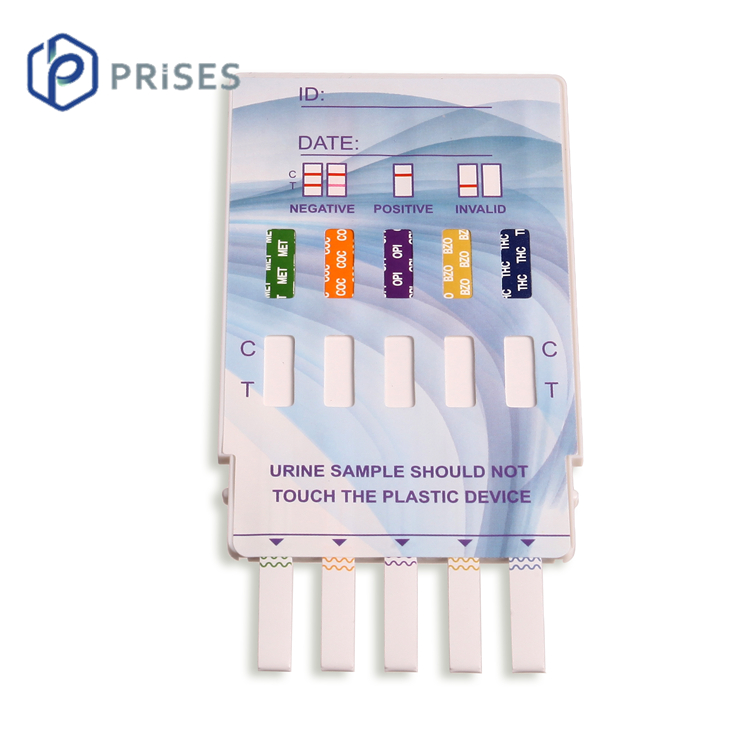Dec . 01, 2024 14:42 Back to list
wholesale test for hepatitis c supplier
Wholesale Testing for Hepatitis C A Comprehensive Overview for Suppliers
Hepatitis C is a viral infection that primarily affects the liver and can lead to chronic diseases, liver cirrhosis, and even liver cancer if not diagnosed and treated promptly. Given its global prevalence and the severity of its impact, efficient testing and diagnosis play critical roles in managing this disease. For suppliers in the medical and health sectors, understanding wholesale testing methods and their implications for Hepatitis C can significantly enhance their service offerings and contribute to public health initiatives.
Understanding Hepatitis C Testing
Hepatitis C testing involves a series of laboratory tests designed to detect the presence of the virus or antibodies produced in response to it. The two main types of tests used in diagnosing Hepatitis C include
1. Antibody Tests These tests detect the presence of antibodies to the Hepatitis C virus (HCV) in the blood. A positive result indicates that a person has been exposed to the virus at some point, but it does not confirm an active infection.
2. RNA Tests If the antibody test is positive, a follow-up test is performed to measure the quantity of HCV RNA in the blood. This test confirms whether the virus is currently active and helps determine the viral load, which is crucial for treatment decisions.
As a supplier, it’s essential to offer reliable and accurate testing kits that meet industry standards. Quality assurance in testing is critical not only for regulatory compliance but also for ensuring patient safety and effective treatment outcomes.
The Importance of Wholesale Suppliers
Wholesale suppliers play a vital role in the healthcare supply chain. They ensure that medical facilities, clinics, and laboratories have access to the latest Hepatitis C testing kits and equipment. Understanding the intricacies of whether to supply rapid tests, traditional laboratory tests, or a combination of both is paramount for meeting varied healthcare needs.
wholesale test for hepatitis c supplier

1. Access to Rapid Testing Kits In recent years, rapid diagnostic tests for Hepatitis C have become increasingly available. These tests offer the advantage of producing results within minutes to hours, allowing for timely diagnosis and treatment initiation. As a wholesaler, providing these options can cater to clinics that prioritize quick results, especially in emergency settings.
2. Quality Control It is imperative that suppliers maintain rigorous quality control measures. Testing kits must be manufactured in compliance with international standards such as ISO certifications and regulations from health authorities such as the FDA and CE. Doing so not only builds trust with customers but also mitigates risks associated with false positives or negatives that could arise from substandard products.
3. Education and Training Suppliers should also focus on educating healthcare providers about the testing methods, interpretation of results, and the importance of follow-up testing to ensure patients receive appropriate care. Offering training sessions can enhance the usability of the products supplied and foster stronger partnerships with healthcare institutions.
The Impact of Adequate Testing Supply
Ensuring an adequate supply of Hepatitis C testing products can have a marked impact on public health. The World Health Organization (WHO) has advocated for the elimination of Hepatitis C as a public health threat by 2030, emphasizing the importance of early detection and treatment. By providing easy access to quality tests, suppliers can help facilitate screening initiatives and promote awareness of the disease, ultimately leading to better health outcomes.
Wholesale suppliers must also be mindful of local regulations and patient demographics which can influence testing practices and product demand. Tailoring inventory to meet these demands allows suppliers to gain a competitive advantage while contributing to healthier communities.
Conclusion
Wholesale testing for Hepatitis C is not merely a business transaction but a critical component of public health management. Suppliers who understand the nuances of Hepatitis C testing, prioritize quality assurance, and invest in training and education can significantly impact how communities manage this viral infection. As the medical landscape continues to evolve, suppliers must stay ahead of trends in diagnostics and treatment options to ensure that patients receive accurate and timely care, driving the collective goal of eliminating Hepatitis C globally.
-
Reliable Early Pregnancy Test Kit Supplier - Multi Plastic Cassette Options
NewsJul.30,2025
-
Transferrin Rapid Test Cassette – Reliable Tumor Marker Detection
NewsJul.29,2025
-
Accurate Follicle Stimulating Hormone Test Kit | Rapid Reliable Results
NewsJul.29,2025
-
High Accuracy LH Ovulation Test Kit - Digital Results & Wholesale Options
NewsJul.29,2025
-
HbsAg Blood Rapid Test Kit for Fast & Accurate Hepatitis B Detection
NewsJul.28,2025
-
Sterile Urine Cup for Safe & Easy Collection | High-Quality Specimen Cups
NewsJul.28,2025

